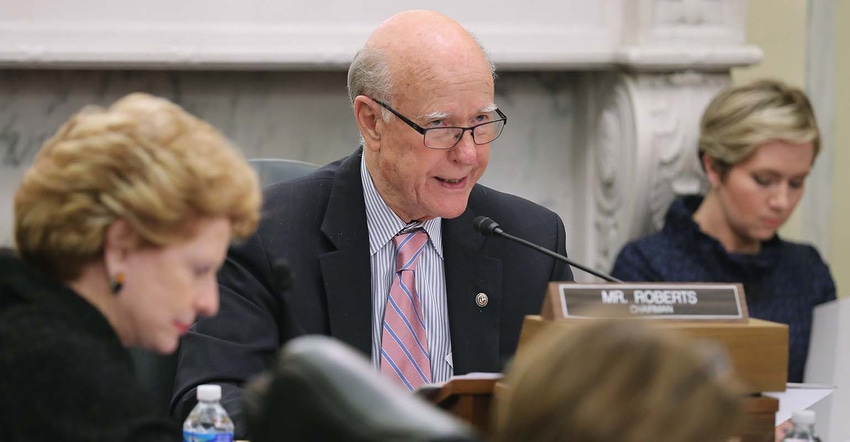
The goal was always within reach on shepherding a bipartisan farm bill across the finish line in the Senate. But there definitely were a few protests on what was in the package and it began to question whether the final goal would allude Congress before the fall expiration date.
The full Senate was able to advance its farm bill by a strong bipartisan vote of 86-11 late Thursday. The action brings two farm bills with distinct differences on how to handle nutrition assistance, payment limitations and conservation programs.
The biggest foul cry was over a Cuba amendment from Sen. Marco Rubio, R-Fla., who objected to allowing for votes to proceed until he got an agreement on his concerns with taxpayer money being used in Cuba.
After an agreement that forged for the final votes, Rubio tweeted Thursday afternoon: “Today, the Senate adopted my amendment to the 2018 farm bill that prevents taxpayer funds for agricultural export promotion from going to the Cuban regime's pocket.”
The Senate only voted on a handful of amendments, while Senate Agriculture Committee chairman, R-Kan., and ranking member Debbie Stabenow, D-Mich., did much of the approving of which amendments were allowed and could be brought together as a bloc amendment. Roberts said 171 amendments were included in the final package from the committee process through the full floor debate.
The Senate voted on three amendments: Sen. Mike Lee’s, R.-Utah, checkoff reform amendment failed; Sen. John Thune’s, R.-S.D., amendment to allow for additional haying and grazing on Conservation Reserve Program acres (which passed by a voice vote) and Roberts substitute #3224, as amended which passed by a voice vote.
The failed checkoff amendment vote was a win for commodity groups. "We're happy that producers can continue to lead the checkoff system and contract with whatever producer-led groups will best promote beef consumption and research," said Kevin Kester, president of the National Cattlemen’s Beef Assn.
Stabenow recognized Roberts. “He has stayed true to our commitment to deliver a bipartisan bill.”
Roberts noted of the passage, “I am proud we have a strong, budget neutral Farm Bill with broad support.”
House Agriculture Committee chairman Michael Conaway (R., Texas) congratulated the Senate on their passage. “Passage today of the Senate Farm Bill reflects a hard fought victory, and I commend Chairman Roberts for his tireless efforts. I look forward to working together to send a strong, new farm bill to the president’s desk.”
Zippy Duvall, president of the American Farm Bureau Federation, noted: “Of course, no bill is ever perfect, but this bipartisan effort gives us a solid framework for progress. We do have concerns about some of the provisions that were added to the bill that make it harder for farmers to manage risk, but we are confident that those issues can be satisfactorily addressed by the House/Senate conference committee. We look forward to working with conferees from both houses to get the best possible farm bill done for rural America.”
The National Association of Wheat Growers (NAWG) commended the Senate for working together in a bipartisan fashion to move the Farm Bill forward, out of the chamber and on to conference.
“It’s vital for a final Farm Bill to be reauthorized before the September 30th deadline, so that farmers can have certainty that a safety net and strong risk management tools will continue to be in place during these uncertain economic times in farm country,” NAWG president Jimmie Musick said. “NAWG calls for a speedy conference and for the conferees to be chosen quickly.”
About the Author(s)
You May Also Like






